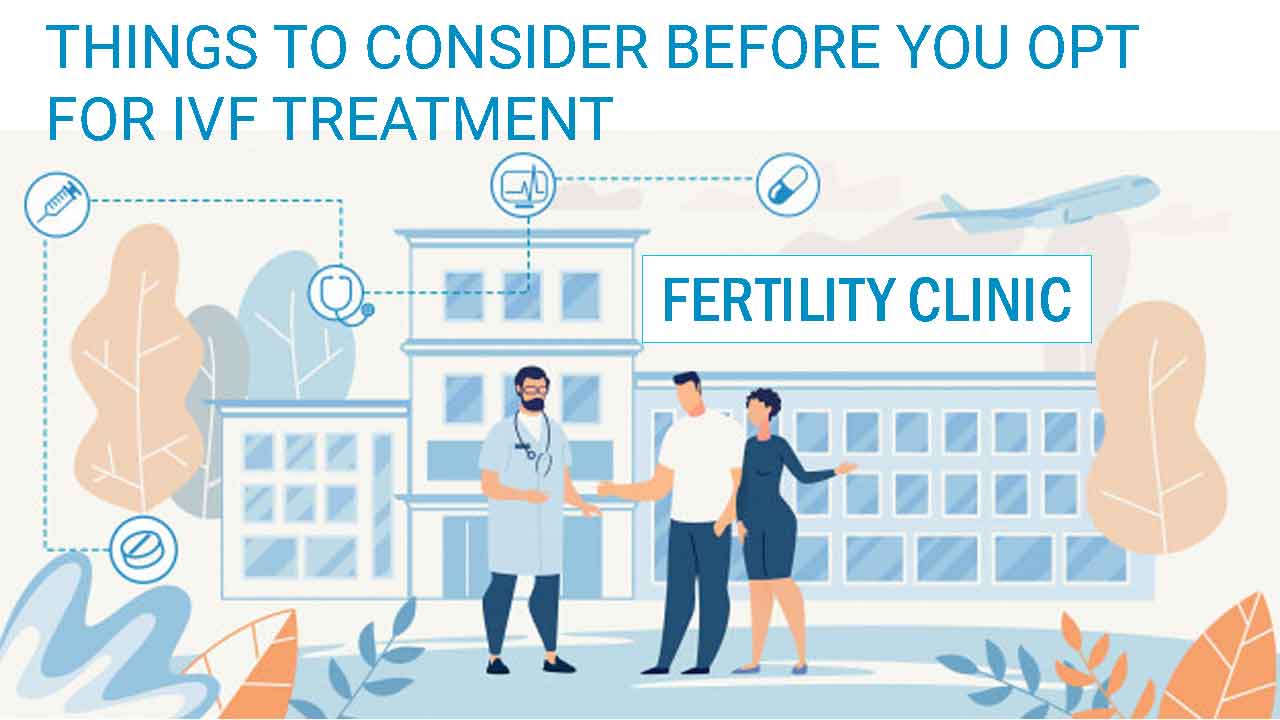All Categories
Featured
Table of Contents
What Is The Average Cost Of Infertility Clinics New Mexico Services?
Many individuals need fertility help. This includes men and women with infertility, numerous LGBTQ people, and single people who desire to raise children. An approximated 10% of females report that they or their partners have actually ever received medical help to conceive. In spite of a requirement for fertility services, fertility care in the U.S.

Usually, fertility services are not covered by public or personal insurers. Fifteen states need some personal insurance providers to cover some fertility treatment, however substantial spaces in coverage remain. Just one state Medicaid program covers any fertility treatment, and no Medicaid program covers synthetic insemination or in-vitro fertilization.

This means that in the lack of insurance protection, fertility care is out of reach for many individuals. Less Black and Hispanic females report ever having used medical services to conceive than White women. This is an outcome of lots of elements, consisting of lower incomes usually amongst Black and Hispanic women along with barriers and misconceptions that may discourage ladies from seeking help with fertility.
How Much Should I Pay For Fertility Facility New Mexico Services?
Transgender people undergoing gender-affirming care may also not meet requirements for "iatrogenic infertility" that would certify them for covered fertility preservation. Many individuals need fertility help to have children. This could either be due to a medical diagnosis of infertility, or because they remain in a same-sex relationship or single and desire children.

Fertility treatments are pricey and frequently are not covered by insurance. While some personal insurance plans cover diagnostic services, there is very little protection for treatment services such as IUI and IVF, which are more pricey. A lot of individuals who utilize fertility services should pay out of pocket, with expenses typically reaching countless dollars.
About 25% of the time, infertility is brought on by more than one factor, and in about 10% of cases infertility is inexplicable. Infertility estimates, nevertheless do not account for LGBTQ or single individuals who may also require fertility support for household structure. For that reason, there are varied factors that might prompt individuals to seek fertility care. dumpster rental near me.
What Do Ivf Clinics Near Me Albuquerque Nm Services Include?
Client Info Series. 2017 Our analysis of the 2015-2017 National Study of Family Development (NSFG) finds that 10% of women ages 18-49 say they or their partner have actually ever talked with a physician about methods to assist them conceive (information not shown).3 Among females ages 18-49, the most typically reported service is fertility guidance ().
Many patients do not have access to fertility services, mostly due to its high cost and restricted coverage by personal insurance and Medicaid. As an outcome, lots of people who utilize fertility services need to pay of pocket, even if they are otherwise insured. Expense costs differ widely depending on the client, state of residence, supplier and insurance strategy (budget dumpster rental).
Figure 3: Fertility Treatments Generally Cost Clients Countless Dollars Insurance coverage of fertility services differs by the state in which the individual lives and, for individuals with employer-sponsored insurance coverage, the size of their company. Numerous fertility treatments are not thought about "clinically required" by insurer, so they are not usually covered by private insurance strategies or Medicaid programs.
How Much Does Full Service Infertility Centers Albuquerque Nm Cost?
g., testing) are most likely to be covered than others (e. g., IVF). A handful of states require coverage of fertility services for some fully-insured personal strategies, which are controlled by the state. These requirements, however, do not apply to health strategies that are administered and moneyed straight by employers (self-funded plans) which cover 6 in 10 (61%) employees with employer-sponsored medical insurance.
2 states (CA and TX7) need group health plans to offer a minimum of one policy with infertility coverage (a "required to offer"), however companies are not needed to choose these strategies. Figure 4: Most States Do Not Need Personal Insurers to Supply Infertility Advantages However, in states with "mandate to cover" laws, these only use to certain insurers, for certain treatment services and for certain clients, and in some states have financial caps on costs they need to cover ().
In other states, practically all insurers and HMOs are included in the mandate (Dumpsters Plymouth MA). Numerous states supply exemptions for little employers (
Table of Contents
Latest Posts
What Is The Best Conception Clinic Albuquerque Nm Company?
What Is The Best Fertility Reproductive Center Albuquerque Nm Available
How Much Does Full Service Fertilization Center Albuquerque Nm Cost?
More
Latest Posts
What Is The Best Conception Clinic Albuquerque Nm Company?
What Is The Best Fertility Reproductive Center Albuquerque Nm Available
How Much Does Full Service Fertilization Center Albuquerque Nm Cost?